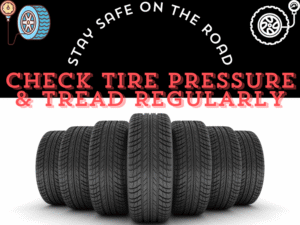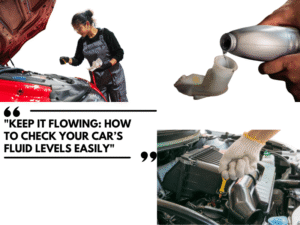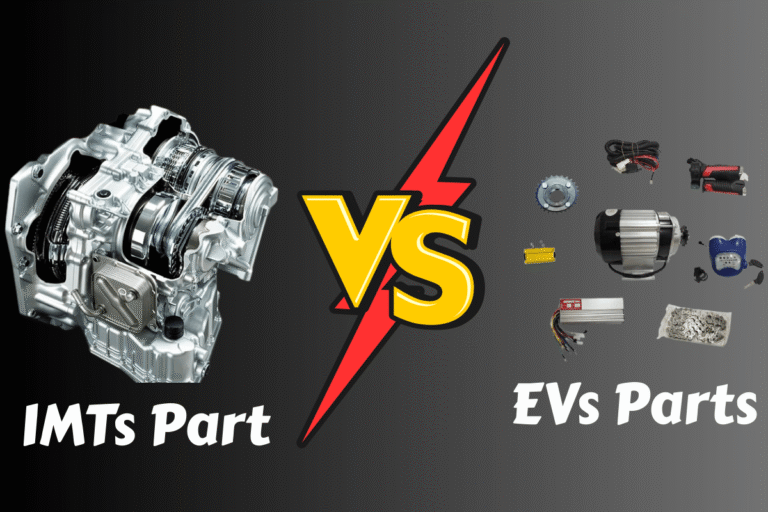Basic Car Maintenance for All
With this fast-paced world of today, car maintenance seems to be too much to handle. While a few simple steps can keep your vehicle secure, reliable and efficient for you, the whole gamut of work would save you money and give you some sense of security, knowing that your vehicle has been kept in optimum condition.

1. Oil Checks and Changes
Importance: Oil lubricates the moving parts in the engine. Oil in the vehicle runs smoothly and prevents them from wearing out or tearing out. Oil weakens over time, so it’s best to change your oil on a regular basis.

How to check:
Check your oil using the dipstick every month.
Change your oil and oil filter after every 5,000 to 7,500 km or as said by your manufacturer.
Always be assured that you are using the right type of engine oil for your engine smoothness.
2. Tire Pressure & Tread Depth
Importance: The correct tire pressure is essential for fuel economy, while handling on the road depends on it. Tread depth, on the other hand, is all about ensuring traction and being stuck on stopping power, particularly in wet or dry conditions.

How to do it:
Before every ride you should check the tire pressure to any puncture shop or at home.
Check your owner’s manual for recommended psi.
Check tread depth using the penny test: insert a Penney into tread upside down, if you can see the top of Lincoln’s head, you need to get new tires.
3. Replacing Air Filters
Why it matters: A clean air filter allows your engine the correct amount of air for efficiency and performance.

How to do it:
Find the Air filter box under the car hoods and it looks like an black plastic box which is near the engine.
Remove the old air filter. Inspect it for dirt and debris.
Change the air filter as on every ride of 12000 to 15000 km or if the air filter is very dirty.
4. Battery health caring and check-ups
Why it matters: A strong, healthy battery enables reliable car start plus the power needed for everything electrical.

How to do it:
Check for corrosion on the battery terminal.
clean battery wires with baking soda water mix if it is very messed up.
Test battery voltage, using a multimeter, fully charged battery should see a reading around 12.6 volts.
If not, leave the battery to charge. Batteries should last 3-5 years. Replace if signs of death.
5. Checking up the fluid level
Why: Coolant, brake fluid, and transmission fluid Most important factors for your vehicle’s Lifespan and to run a vehicle for a longer period of time.

How:
Check the coolant level in the car’s plastic tank which is under the car hood. If it is low, the correct mixture can be used to top it off.
Check the brake fluid and make sure it is clear and at the proper level.
Check the manual transmission fluid info as it is different for each car.
Just by doing little things yourself, you can keep your vehicle running longer, keep yourself safe, and hopefully save money on repairs in the long run. The more regular checks and the more timely replacements, the better you will be able to keep your vehicle running just right into 2025!











